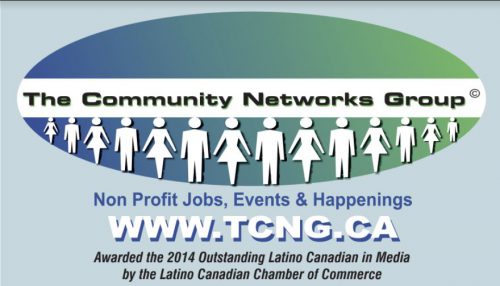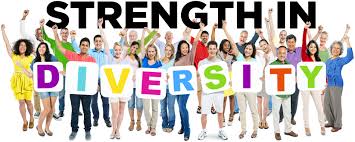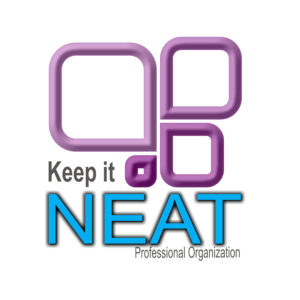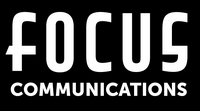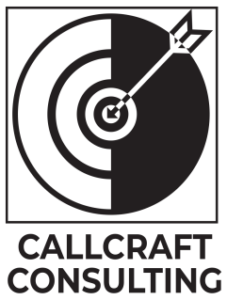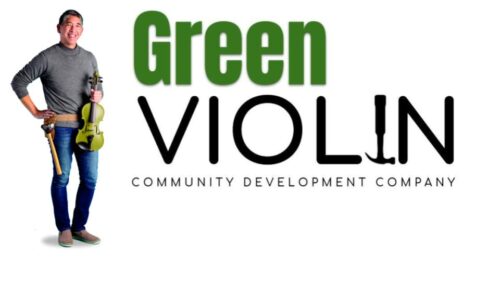The 5 Principles of Social Impact | with Marian Spier
Why is it that one person becomes a successful game changer & impacts the world and why does another with the same opportunity, and education does not reaches that level of success and impact? While in her consulting practice Marian discovered 5 principles to help professionals find out how to become game changers & create impact. 1. Chance: You have to create an opportunity 2. Clarity: You have to strategize 3. Craze: You need to have a passion for what you do 4. Courage: You need to have an entrepreneurial mindset 5. Considerate and determined: You need to be purposeful, and meaningful in everything you do. She has been a manager and lecturer at the University of Applied Sciences Amsterdam for eight years.
© TED | https://youtu.be/vsQJ2Y_F0ZY …
The Economics of Happiness | with Mark Anielski
What makes us happy? Can we begin to measure progress in terms of happiness and well-being as the ultimate return on investment? In this October 19, 2011 TEDx talk in St. Albert, Alberta, Mark Anielski, author of the best-selling book The Economics of Happiness: Building Genuine Wealth explores how we can begin building economies of well-being, based on the science of happiness and using his well-being measurement and management model called Genuine Wealth. –
TED | https://youtu.be/RN1uaHKxMp4 …
Reclaiming Social Entrepreneurship | with Daniela Papi Thornton
Social Entrepreneurship is a buzz word. Daniela Papi-Thornton explores how the concept has narrowed down over time and is often used simply to refer to social businesses. But, as she explains, “we don’t need more social businesses, we need more social change” and that requires more than just starting new businesses. It requires system change leadership. She explores the difference between being a social business founder and a system change leader and then unpicks how we talk about, fund, and educate for social entrepreneurship, as well as what needs to change in our education and funding systems to fuel more system change leaders.
© TED | https://youtu.be/RdrfMqBRfEQ …
Why We Need Solidarity Economics
Economists have gone to great lengths to write humans out of economics, pushing self-interest and generally providing two choices—faith in markets or the state. INET grantee and University of Southern California Sociologist Manuel Pastor argues that we need to change the conversation and put people first. His research shows that rebuilding the bonds between people universally leads to better outcomes for health, society, and the environment. He speaks of a new solidarity economics, that doesn’t treat people as commodities or simply consumers; it is after all the people that create, make the goods and services we use|consume. –
© Institute for New Economic Thinking | https://youtu.be/HQqxJDZ675k …
Nest City | by Beth Sanders
In Nest City, Beth Sanders argues that our linear ways of thinking about, organizing and planning our cities do not meet the true nature of cities as complex and messy systems. There are no simple solutions to the challenges we face: many citizens don’t feel they belong; we don’t agree on how to best move around; many don’t have jobs, or homes they can afford; we make running businesses challenging; we are facing challenges with the climate crisis. At a time when understanding the relationship between our physical, economic and social habitats is essential, Sanders sets forth an approach to work with the disruptions of our times.
Drawing on her experience as a city planner and a relationship-broker in the conflicts that surface in city life, Sanders offers several strategies to explore how citizens, public institutions, community organizations and the business community can work together to improve our cities. She explores the evolutionary nature of our relationship with cities, and how the tension we experience in city life compels each of us to work to improve our cities. Our work is what regenerates our cities. The city habitats we make for ourselves are as good as we choose to make them. If they’re not good enough, it’s up to us to improve them. The result is a book that articulates the importance of having a sense of direction, being willing as citizens and cities to learn along the way, and accepting the uncertainty and messiness of cities as opportunities to improve them—so they serve citizens well. Nest City will forever alter the way you look at your city, your local public institutions and community organizations and business—and how you think about and contribute to your city.
Get the book at https://www.amazon.com/Nest-City-Citizens-Serve-Cities-ebook/dp/B086Z8K17D/ref=sr_1_1?dchild=1&keywords=nest+City&qid=1588827199&sr=8-1
What is a Co-op?
“A co-operative is an autonomous association of persons united voluntarily to meet their common economic, social, and cultural needs and aspirations through a jointly-owned and democratically-controlled enterprise.” Growing community through a food co-op: Michelle Lopez-Dohrn |
© TED > https://youtu.be/IgGkigiukw8 …





